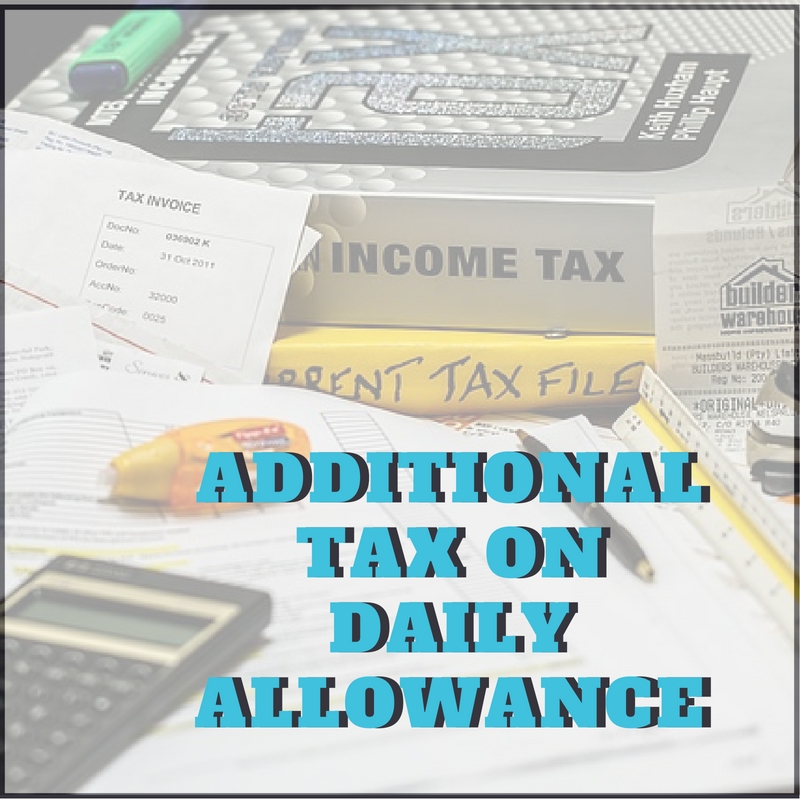Any allowance paid to the assessee to meet his personal expenses at the place where the duties of his office are ordinarily performed is not exempt under the Income Tax Act.
If you happen to travel on a regular basis for work, especially out of India, then make sure to keep the actual bills of expenses incurred to save on the tax for travel allowances. In a recent ruling by the Andhra Pradesh High Court, allowance paid to employees to meet personal expenses is taxable as perquisite, and the employer is liable to deduct taxes on it.
The ruling has come with regard to applicant Sun Outsourcing Solutions, a private limited company with offices in Hyderabad and London. The Company deputed employees from India to work in the UK branch office, besides employing non-resident Indians (NRIs). While employees continued to be on the payroll of Sun India and received salary here, the boarding and lodging allowances were paid as a lump-sum in the UK. The salaries for the NRIs were paid in the UK. However, taxes were not withheld on allowances paid in the UK to employees and salary payments made to NRIs employed overseas.
According to a note by Deloitte, the tax consultant for Sun Outsourcing, the Assessing Officer (AO) charged taxes on the allowances and salary payments made in the UK, besides levying interest for assessment years 2000–01 to 2003–04. Aggrieved by the order of the AO, Sun India filed appeals before the Commissioner of Income-Tax, Hyderabad [CIT (A)] where the CIT (A) set aside the demand to the extent such demand was in relation to the salary payments made to NRIs.
It was upheld in the High Court that any allowance paid to the assessee to meet his personal expenses at the place where the duties of his office are ordinarily performed is not exempt under the Income Tax Act. And, for an allowance to be exempt, it should have specifically been granted wholly in performance of duties.
The court understood the fact that lump-sum payments made to assignees confer additional advantage to meet the high cost towards accommodation and other personal expenditure. It also mentioned that such expenditure cannot be treated as having been incurred in connection with discharge of duties. It ruled that the applicant is legally bound to deduct taxes in absence of any certificate obtained from employee so as to not deduct tax or deduct tax at lower rate and exemption, if valid, can be claimed by the employee on submission of necessary evidence before the tax officer.



